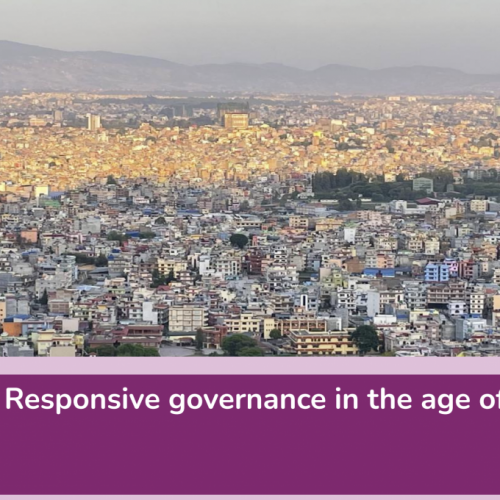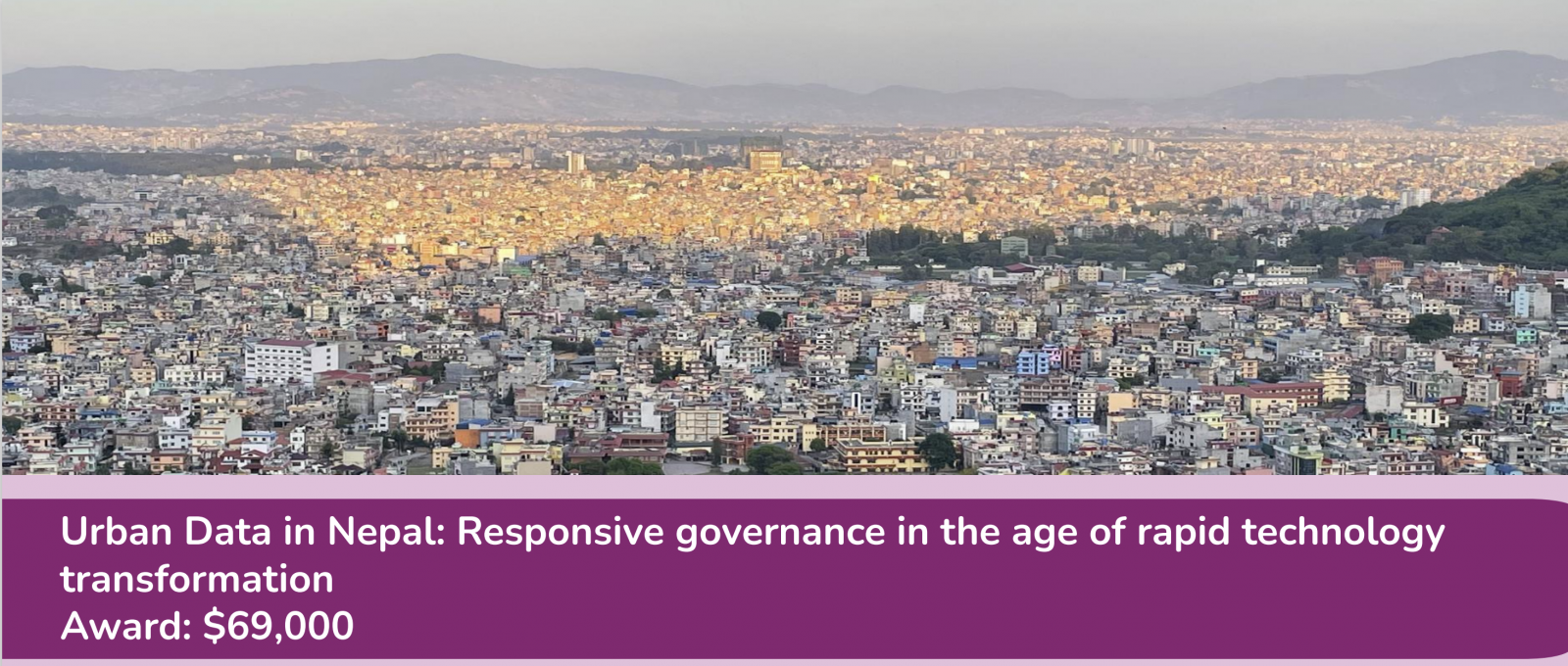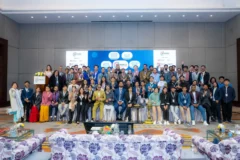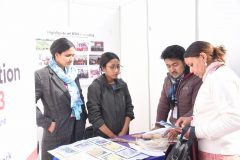
First National Innovation Conference in Nepal: Rooting the Innovation and Shaping the Future
July 26, 2023
Future of Work in Nepal: Conference on Artificial Intelligence
March 3, 2024Urban Data in Nepal: Responsive governance in the age of rapid technology transformation
While data collection and management functions have been constitutionally devolved to provincial and local governments under Nepal’s new federal structure, neither the national nor sub-national governments have the capacity to keep pace with the rapid rate of technological and social development. The sluggish adoption of new technologies adds to the bureaucratic backlogs that stifle national and local economies and the capacity to provide effective governance. The lack of relevant, reliable, accessible, and timely urban data is a major impediment to national and local development efforts. These constraints impede the development of evidence-based policies and the implementation of programs that address the unique needs of urban communities. Moreover, the lack of reliable, timely and disaggregated data constrains local governments in tackling developmental problems such as air pollution, health care, waste collection, education, housing, transportation, public spaces, and road maintenance. Even in cases where a local government has considerable data, accessing it can prove difficult since various departments frequently use different platforms and systems that store data in a proprietary format. Municipalities must assemble this data into one platform for it to be properly assessed and used to its fullest potential. Compounding these challenges, when data stores grow and technology evolves, the risk of digital security also increases. Cyber vulnerabilities put individual information at risk as local governments store sensitive data digitally.
In response, The Asia Foundation’s UK-FCDO-funded Data for Development (D4D) project has supported the development of strong local data and information ecosystems, involving data producers, intermediaries, and users. While Phase I of D4D focused on Kathmandu-based actors, Phase II has expanded the scope and built important relationships with key stakeholders—including the newly-established National Statistics Office and subnational representatives who are committed to improving data use in Nepal. In anticipation of a third phase of D4D, there is an opportunity to build on the Foundation’s deep understanding of the current ecosystem and its changing needs by integrating more cyber security and AI—including demonstrating how D4D should respond to the rapid transformation of technology to strengthen Nepal’s data ecosystem. While there is no scope under Phase II of D4D to explore AI and other new technologies that have emerged as priorities, both are likely to figure significantly in Phase III. The Nepal office will do well to make a strategic investment in this area.
With Innovation Fund support, the Nepal office will position the Foundation to introduce new approaches to the kinds of urban data collect collection demanded by municipalities in Phase III of the D4D project, support municipal data integration processes, enhance internal and partner capacity, and institutionalize the data collection and maintenance process at the municipality level. As a first step, the Nepal office will work with one local urban government in Madhesh Province to collect a wide range of urban data to address city-wide issues. The project will collect drone[1]captured data from all 25 wards, and household data from various wards wards. The municipality has also been positive to contribute towards collecting household data which adds to the ownership of the project. Secondly, these unique datasets will be stored in the integrated data management system (IDMS) that will integrate collected urban data along with other administrative data collected by the municipality. IDMS will function as an urban data platform (UDP) for mapping, combining, and storing data from many sources and processing it to yield data-driven solutions. The ability to swiftly visualize and evaluate projects will assist urban planners to be more proactive and less reactive in the planning process. Next, the project will identify and train two to five women interested in AI to enhance the UDP that helps filter and identify patterns from large data sets, and help leaders make informed decisions on policy, infrastructure, and sustainability. Fellowships will be provided to select candidates to experiment with AI solutions based on satellite imagery for urban spaces. This use of AI provides a unique opportunity for local governments to manage areas efficiently and proactively on issues such as climate change, cyber security, and urban mobility. Finally, the project will strengthen the data and cyber security capacities of the municipality. Working together with the private sector and civil society actors, the project will support the municipality in educating government employees on various security protocols/responses and help build robust data and cyber security policies.
The project will utilize recent AI and drone technologies, facilitate data integration, develop a cohort of women scientists in AI, and help equip the Government of Nepal to minimize cyber security risks. This work will position the Foundation to bid for the next phase of the D4D program and other program opportunities. It is also expected to attract broader donor interest. For example, the U.S. Embassy in Nepal is exploring opportunities to support women in technology and has already funded exchange programs for women in the tech sector.





